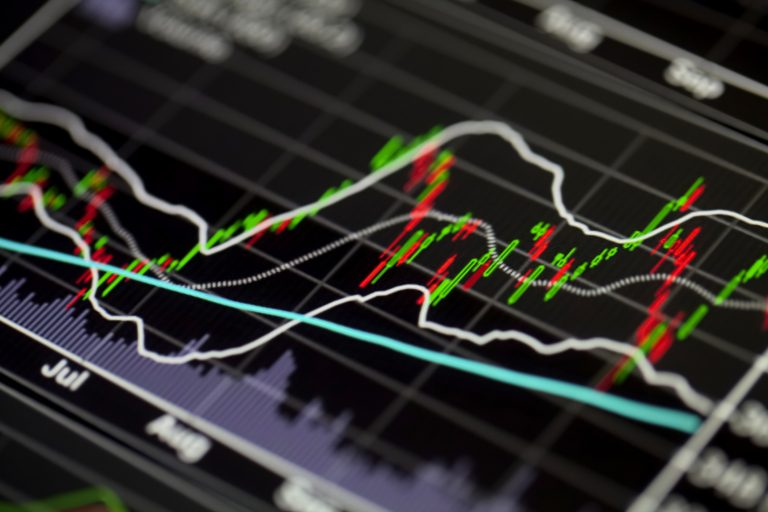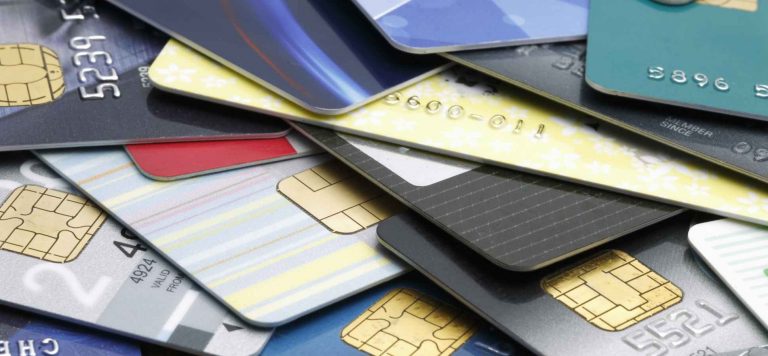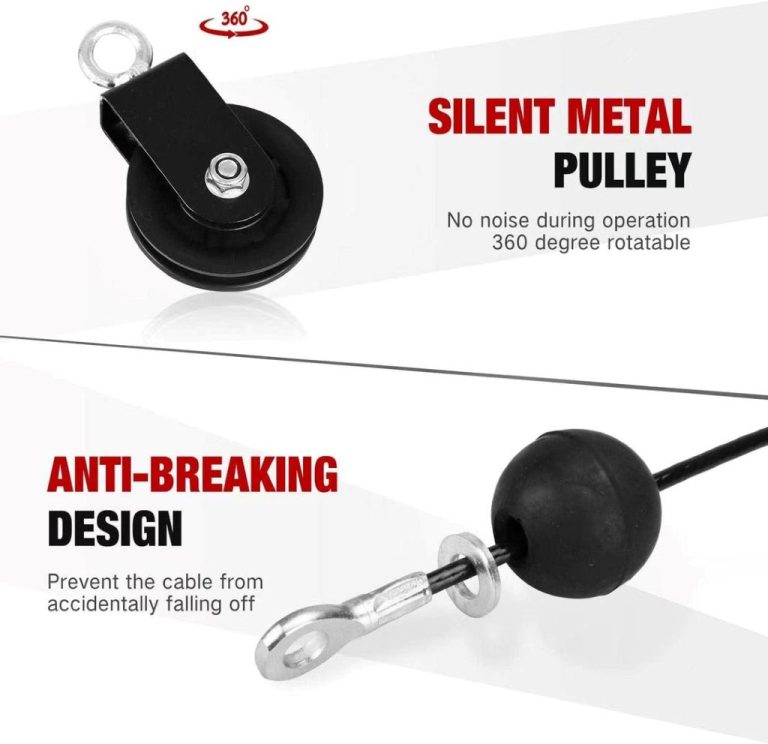Expansion of sales markets almost inevitably requires the inclusion of new professional figures and intermediaries in the business. What is the difference between dealers, distributors and sales agents, and most importantly – which of them is more profitable?
Previously it was all simple. Every person who sold or resold something was called a trader. But nowadays everything has changed: dealers, distributors, sales agents, brokers, commission agents and other intermediaries have appeared, and it is not easy for businessmen, not to mention ordinary people, to understand their differences from each other.
Why are so many intermediaries so divorced? Yes, because selling goods directly is not always realistic. Sellers and buyers can share hundreds and thousands of kilometers. Any distance is always costs, logistics. And it is very difficult to understand exactly what exactly and in what volumes buyers of another region want without the assistance of a third party. Thanks to the intermediaries, the movement of goods becomes more efficient and economical.

Dealers and Distributors: What’s the difference?
So, who are the dealers? Dealers are usually referred to as vendors who purchase goods from the manufacturer by small or large wholesale and then sell it to retailers in their region. They buy the goods in the property, and then sell it on their own behalf and through their own stores. The dealer can independently set the final price of the goods or use the manufacturer’s recommended price.
An important feature of the dealer is that he takes the last place in the commodity exchange chain and works directly with the final buyer. Due to the fact that there are a lot of goods and services, and their specifics differ significantly, the dealers can be any wholesale and retail companies that act as intermediaries between the producer and the consumer. If everything is more or less clear with the commodity sphere, then in the service sector, for example, dealers may be legal entities that distribute communication services under a contract with a cellular operator.
Dealers often confuse distributors. Unlike dealers, distributors usually do not deal with end customers and do not work on their behalf, but on behalf of the manufacturer. For distributors, in principle, to promote a specific brand, while for dealers the popularity of the products sold may not matter. Distributors act as intermediaries between manufacturing companies and dealers, mainly dealing with large-scale supplies. That is, distributors are a higher link than dealers. In practice, the distributor can be either a large company, for example, a transnational corporation (TNC) or an IP.
Both the dealer and the distributor are engaged in sales, replenish the stocks of products, are looking for ways to sell it, but the distributor is primarily interested in creating and expanding the dealer network and searching for new intermediaries. Therefore distributors are also called distributors. Usually they do not buy the goods in full ownership. They have various kinds of discounts and benefits from the manufacturer – commodity loans, deferred payment, and the right of the first shipment. All these benefits, however, prescribe to distributors to implement a fairly strict market policy of the company. For example, they need to conduct a wide advertising campaign, constantly expand the circle of potential customers, and hold presentations and meetings with customers. In addition, distributors may be prohibited from purchasing and selling competitors’ products.
Dealer or Distributor: Who is more important?
To create a full-fledged distribution network for their products, the manufacturer needs both distributors and dealers, because both are intended to sell the product in one way or another. Naturally, distributors can be considered a more significant link, as they develop the network and create large volumes of sales. Typically, dealers are created by distributors to increase market coverage, and are in their direct subordination. At the same time, if the dealer manages to significantly increase sales volumes, then he can become a distributor.
Due to this, we can conclude that from a financial point of view, the distributor is more important than the dealer. However, if the dealer chain is completely removed from the trading chain, then the distributor will have to find customers on his own, which will ruin the final profit. Therefore, in the process of trade, both sides are needed.
Who are brokers, agents and commission agents?
The manufacturer can also implement the marketing policy with the help of another type of intermediary agents. The agents receive their reward in the form of commissions. Buy them in the property they do not need, and sales are usually carried out from the manufacturer’s warehouse. Sales agents are of several types, and the relationship of agents with manufacturers is negotiated in its own way in each case. For example, agents may also be prohibited or allowed to distribute similar products to competing suppliers.
The most common kind of agents are agents of producers. Typically, these agents represent two or more producers of related products, each of which is a separate agreement, which denotes the price policy, the territory of the activity, delivery conditions, commissions and so on. Typically, agents are small commercial firms that are made up of skillful vendors and have broad connections with customers.
If the manufacturer does not want or cannot engage in sales, then contracts with authorized agents that are entitled to sell all of the company’s products can be concluded. The plenipotentiary representatives are more untied: there are no restrictions either on the territory, on the price policy, or on the terms of the sale. In fact, authorized agents perform all the same functions as sales departments in enterprises.
In some cases, agents can enter into physical possession of goods, independently conclude transactions and have inventories on consignment terms, that is, payments for goods sold after certain periods of time. Such an agent does not guarantee the sale of goods, works without a contract and, as a rule, without long-term relationships. Such sales agents are called commissioners or wholesalers-commissioners.
Another type of marketing agents are brokers. The task of brokers is to bring buyers and sellers together and help them to come to an agreement. In other words, brokers are the third official party to the contract, which helps the other two to establish contact with each other. Brokers do not keep inventories, do not take part in financing transactions, not assuming any risks. They always act with the consent of one of the parties, the terms of the transaction are stipulated in advance, and the contract specifies which actions the broker must perform in order to achieve a positive outcome for his customer.
When and why we need sales agents?
If manufacturers resort to dealers and distributors at large volumes of supplies, then sales agents are used with a very narrow range and limited sales in different regions of the market. The agent trades no more than 30 names and can pay attention to one product with a limited market, which a wholesale company cannot do.
The advantage of using agents is, first, in economy: usually it is 2-6% of the sales volume, while wholesale firms take 13-25%. Secondly, agents are convenient to use to enter new markets and promote new products. Therefore, agents are most often hired by representatives of small businesses who cannot afford the maintenance of their own staff or larger enterprises, but who want to master, “feel”, and new markets.












